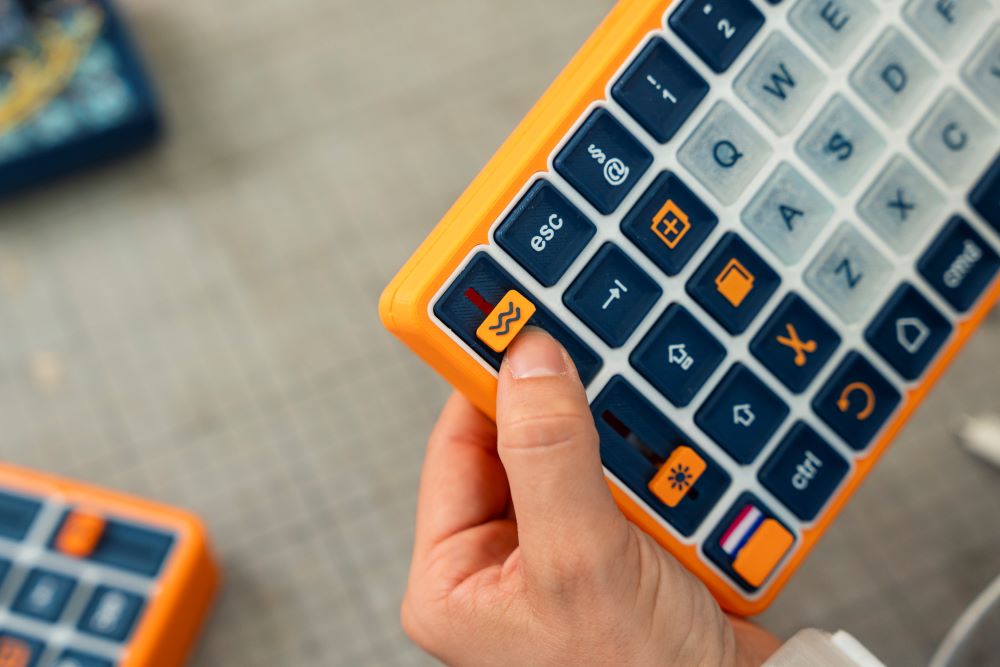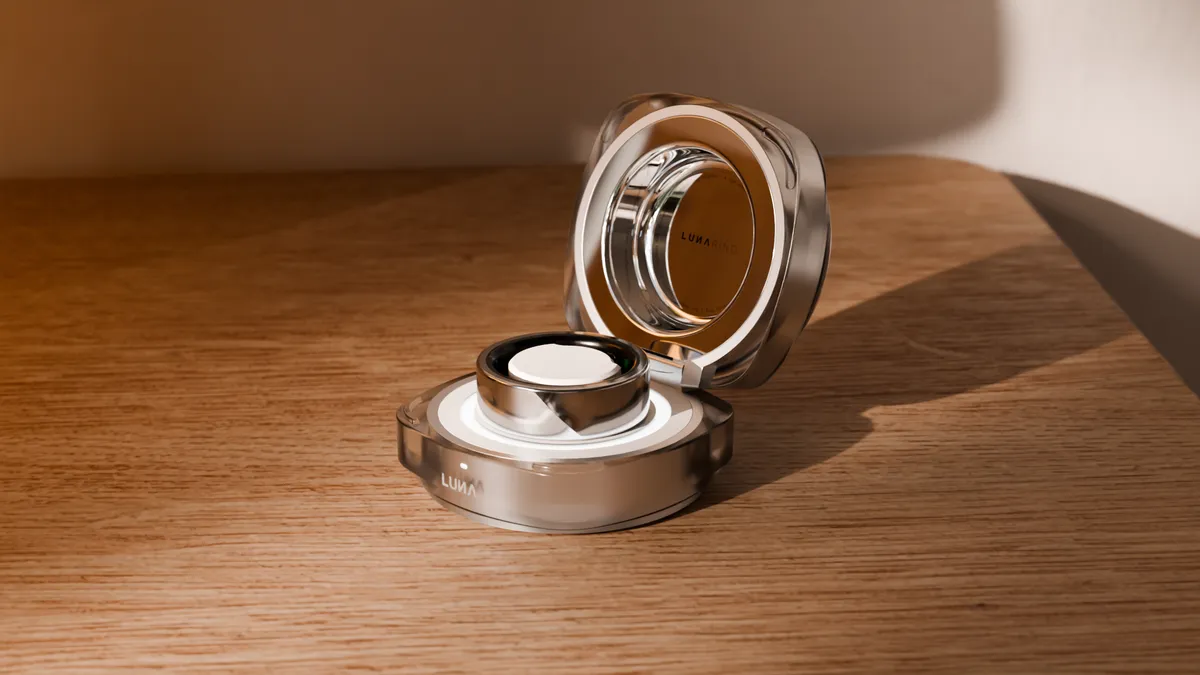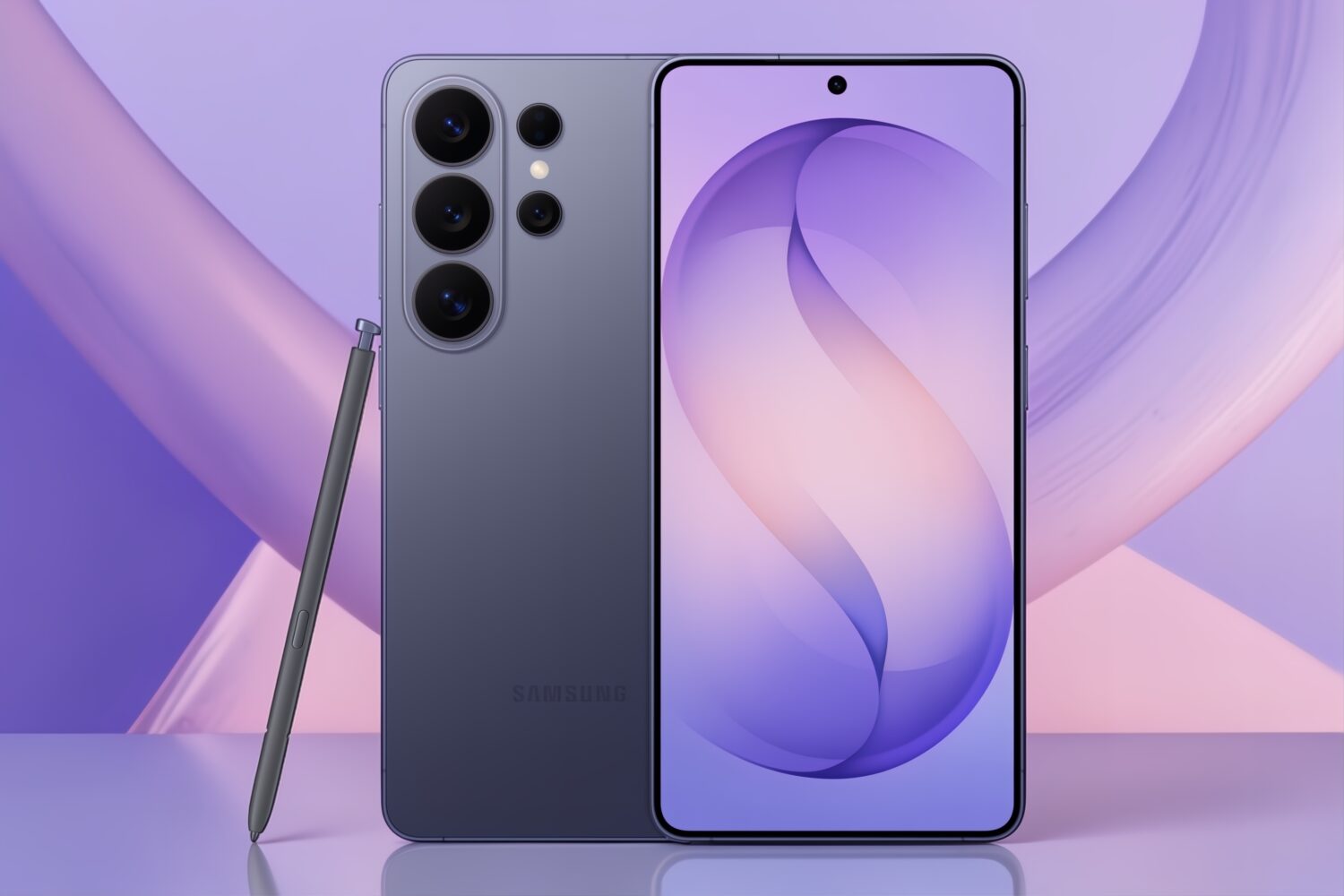The 2025 James Dyson Award has named two global winners whose inventions tackle pressing real-world challenges — one focused on sustainable water monitoring, the other on improving accessibility for people living with Parkinson’s disease. Each inventor will receive £30,000 to further develop their designs, chosen from more than 2,100 entries across 28 countries and regions.
The global Sustainability Award went to WaterSense, created by Polish PhD candidate Filip Budny from the Warsaw University of Technology. His autonomous water quality monitoring device uses AI to deliver real-time insights on river and lake pollution, addressing the limitations of traditional, manual sampling methods.
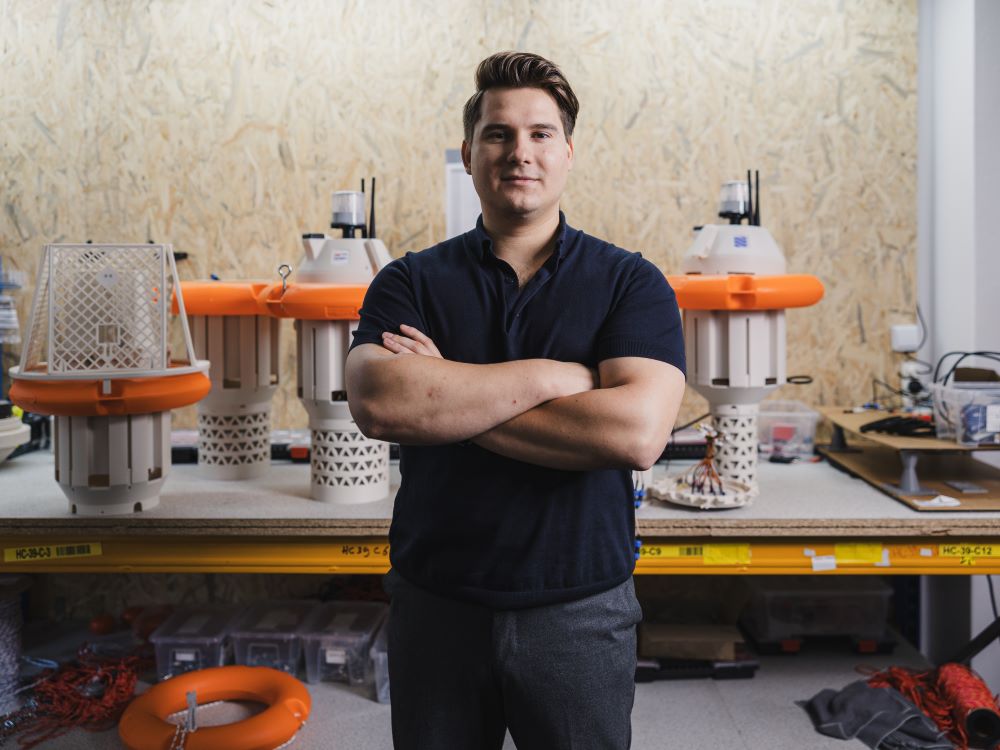
Powered by natural water currents through an integrated hydrogenerator, WaterSense employs recyclable paper sensors — rather than plastic or metal — to measure more than 20 water quality indicators including pH, nitrates, chlorides, and dissolved oxygen. It draws samples from multiple depths for layered analysis and automatically replaces its sensors daily, ensuring consistent accuracy over long-term deployments. Data collected by the system is transmitted to an AI platform capable of forecasting pollution events up to three days in advance, allowing authorities and communities to respond more quickly. The device is currently undergoing trials across 20 sites in Poland, with plans for international expansion.
The global Medical Award went to OnCue, designed by Italian product designer Alessandra Galli, a graduate of Delft University of Technology. OnCue is a smart keyboard and wristband system that helps people with Parkinson’s type more comfortably and accurately by integrating therapeutic cues into the typing experience. The device combines gentle vibrations and light signals to support rhythm, manage tremors, and reduce the freezing episodes that often accompany Parkinson’s.
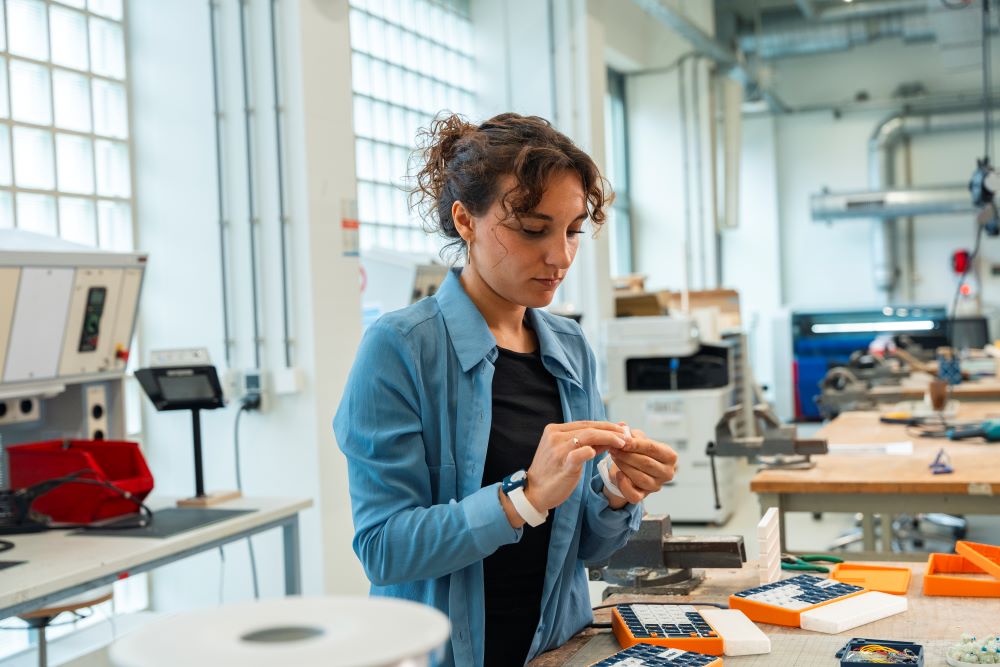
Each keypress generates tactile feedback through haptics in both the keyboard and wristbands, while adaptive lighting highlights probable next keys to guide users and reduce typing hesitation. The keyboard’s compact, split layout and raised edges are designed to minimize strain and improve control. It connects via Bluetooth, lasts up to a week per charge, and is fully customizable, allowing users to adjust vibration intensity and lighting patterns to match symptom variations throughout the day. Galli plans to continue collaborating with neurologists and users to refine the product, with future applications extending to other neurological conditions such as dystonia and Alzheimer’s.
Now in its twentieth year, the James Dyson Award has provided over £1.5 million in funding to more than 400 student innovations worldwide. Founder James Dyson praised this year’s winners for addressing environmental and health issues through practical, research-driven solutions, describing them as examples of design serving social good rather than technology for its own sake.


